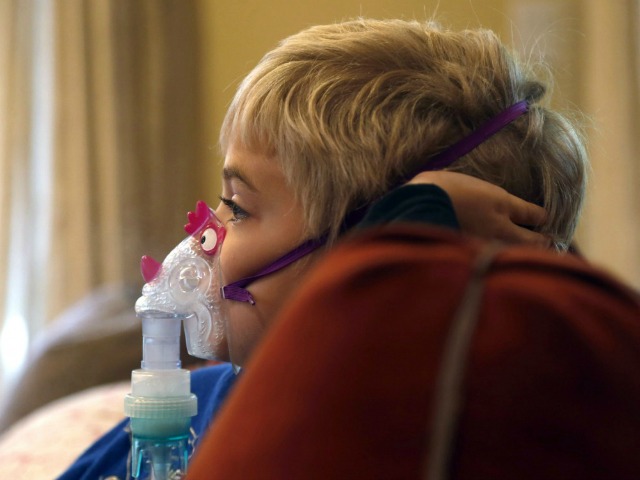California officials said on Thursday that the enterovirus D68 has surfaced in southern California in four children, three from San Diego County and one in Ventura County who was visiting San Diego.
The federal Centers for Disease Control and Prevention stated that these were the first incidences of the virus in California in 2014; there have been 153 people marked with the virus in 18 states. Most of the reported cases involve young children, many with asthma.
The Los Angeles Times quoted state health officer Dr. Ron Chapman, who said his staff was performing tests on specimens from patients around California. He said, “We are not surprised to find EV-D68 causing some illnesses in California given the apparent widespread nature of this virus in other parts of the country.”
Dr. Wilma Wooten, San Diego County public health officer, asserted that more samples are being tested at the California Department of Public Health Viral and Rickettsial Disease Laboratory. She said, “We may learn of more cases in San Diego, but overall county-wide respiratory illnesses have not increased significantly in the community. We are monitoring this closely with our local health care providers.”
HHSA stated that the children, who range in age from 2-13, were treated at Rady Children’s Hospital and will recover. Dr. John Bradley, pediatric infectious disease specialist at Rady, said, “Rady Children’s began seeing a steady rise in the number of children coming to the hospital with respiratory conditions in mid-August, and the numbers continue to increase. However, for most children, EV-D68 is experienced as a common cold, so a trip to the emergency department is generally not necessary unless the child has difficulty breathing or an unusually high fever.”
EV-D68 is a more rare enterovirus among the roughly 100 types of enteroviruses that generally trigger respiratory illnesses; the virus produces either no symptoms at all or those of the common cold. It can be contracted through close contact with an infected person, or by coming into contact with objects or surfaces that already have the virus and then touching one’s mouth, nose, or eyes.
Wooten explained, “There is no specific treatment for EV-D68 infections other than management of symptoms, which is why it is important to take steps to protect yourself and others from respiratory infections such as enterovirus.”
Recommendations for avoiding the virus include washing hands vigorously for 20 seconds, avoiding contact with one’s eyes, nose and mouth with dirty hands; not having physical contact with those already infected or sharing cups or dishes with them, and disinfecting frequently touched surfaces.
Some enterovirus infections can transmute into neurologic illnesses, such as aseptic meningitis and encephalitis. Infants, children, and teenagers are the most at risk.

COMMENTS
Please let us know if you're having issues with commenting.